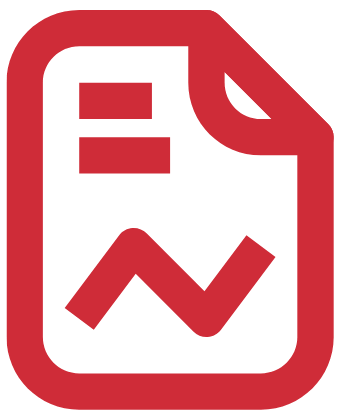
Get the only global all-in-one solution for enterprises, including LSAs, well-being, recognition, and communities.

Energize employee total well-being and the overall health of your organization.

Streamline reimbursements, allowances, and LSAs for your entire workforce.

Supercharge your superstars by immediately connecting moments that matter to employees.

Offer custom, targeted LSA benefits for needs like professional growth, medical travel, and niche lifestyle support.

Engage and connect your people with a rich culture of inclusivity, community, and belonging.
REAL CLIENTS

Espresa Customers - Rate of Happiness? 100%.

Get case studies, guides, and other insights for HR and people operations teams.

Where customer success meets measurable impact.

Access templates, toolkits, and resources designed to support program adoption.
Resources
Search across the website
Start typing to search for pages, blog posts, events, case studies, and more.








